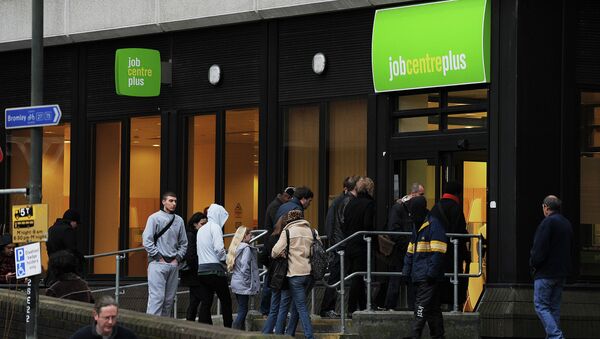The report also predicts that the global number of unemployed people will rise by about 2.5 million this year. Currently, that number is around 188 million; another 165 million people do not have enough paid work. On top of that are 120 million people have given up looking for work or don’t have access to the labor market, according to the report. Although the global unemployment rate has been mostly stable over the last nine years, there are not enough new jobs being created as the global labor force continues to grow.
“For millions of ordinary people, it’s increasingly difficult to build better lives through work,” ILO Director-General Guy Ryder is quoted as saying in a UN press release.
“Persisting and substantial work-related inequalities and exclusion are preventing them from finding decent work and better futures. That’s an extremely serious finding that has profound and worrying implications for social cohesion,” he added, referring to recent protests in countries like Lebanon and Chile.
According to the report, in 2019, more than 630 million people, or about one-fifth of the global working population, lived in poverty, which is defined as making less than $3.20 per day.
"I think that this is an extremely worrying finding," Ryder noted.
The report also found that the portion of global national income being allocated to labor decreased from 54% to 51% between 2004 and 2017, and the ILO further warns that increasing trade restrictions and protectionism could greatly affect employment.
However, this change can also be a sign of greater financialization, a sign that market speculation is expanding faster than industrial capital, and thus a portent of trouble to come. A recent report by the US’ Institute for Supply Management recorded the weakest industrial performance in 10 years, and noted that December was the fifth straight month of shrinking industrial activity. As MarketWatch noted, this trend has always preceded a recession.
“Labor underutilization and poor-quality jobs mean our economies and societies are missing out on the potential benefits of a huge pool of human talent,” the report’s lead author, Stefan Kühn, is quoted as saying in a statement. “We will only find a sustainable, inclusive path of development if we tackle these kinds of labor market inequalities and gaps in access to decent work.”



